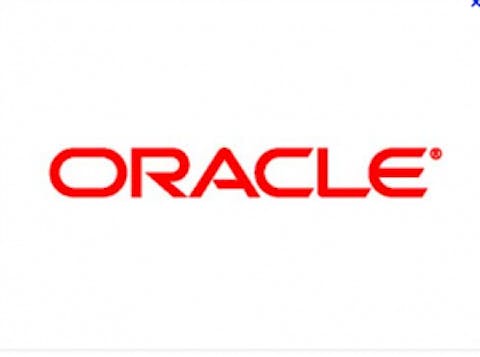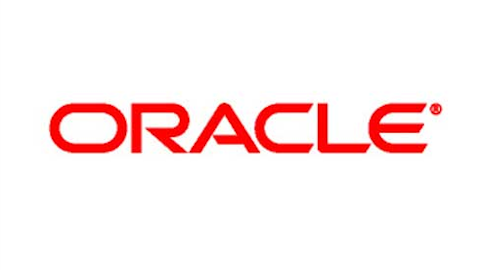
Last month Forbes showed Tiger Woods was back at the top of his game in 2012 and at the top of the compensation circuit, becoming the highest-paid athlete at more than $78 million. LeBron James, who just helped lead the Miami Heat to their second consecutive basketball title, was the fourth-highest-paid player at just under $60 million.
In comparison, a new analysis by the folks at Equilar found the median annual compensation in 2012 for some 200 chief executives at companies with more than $1 billion in revenues was $15.1 million, a 16% raise from the year before. At the top of the list was Oracle Corporation (NASDAQ:ORCL) CEO Larry Ellison, with more than $96 million in total compensation.
While many may say being responsible for the production of goods and services that run the economy and having control over thousands of jobs should receive pay at least as much as some guy playing a game, unlike these sports champions, the value of the CEO to the corporation isn’t so cut-and-dried. Think of them as being more like New York Yankees third baseman Alex Rodriguez, who was No. 18 on the Forbes list with $30.3 million in compensation, but of dubious worth to the overall success of the team.
There’s a disconnect happening in the board room by those awarding these outrageous salaries. According to the Economic Policy Institute, from 1965 to 2012, CEO compensation has gone from 20 times the average annual salary of the company’s workers to 273 times. In simpler terms, the CEO is making more in one day than his workers are making in an entire year. And as the poster boy for corporate excess, Ellison is making $45,790 every hour!
One could make the argument that Steve Jobs at Apple Inc. (NASDAQ:AAPL) had a LeBron James-type effect on the company when he returned to the helm of the company he founded, but did Nuance Communications Inc. (NASDAQ:NUAN)‘ Paul Ricci, who earned $37 million in 2012? The voice-recognition specialist had to cut its growth estimates earlier this year as transcription volumes sank and it admitted that “execution issues,” poor account management, and conflicted deal strategies caused operating margins to crumble 41% in the second quarter.
Was there no one as capable as Muhtar Kent to run The Coca-Cola Company (NYSE:KO) for less than $30.5 million? Can we pinpoint what he did to earn the pay? It has to be more than just having his hand on the tiller as the beverage maker moved into emerging markets such as Thailand, India, and Russia that helped beat analyst expectations last quarter. Coke’s earnings were still down across the board.
It’s not that these aren’t capable individuals; it’s just that there are lots of capable people who can do the job and do it for less. Executive performance is based on intangibles that can’t be quantified, yet boards of directors are willing to shell out tens of millions of dollars for something they can’t measure.
Warren Buffett famously doesn’t make a lot of money at Berkshire Hathaway Inc. (NYSE:BRK.A) with total compensation at $447,000 in 2012 (down 14% from the year before), but the conglomerate still has am enviable track record of outsized performance. Similarly, John Mackey at Whole Foods Market, Inc. (NASDAQ:WFM) is able to get by on less than $70,000 a year, and though his co-CEO, Walter Robb, does considerably better with under $1.3 million, it remains a pauper’s pay in comparison with Lloyd Blankfein’s $21 million pay package Goldman Sachs Group, Inc. (NYSE:GS), up 75% from the $12 million he earned in 2011.
I think more investors would rather have Buffett or Mackey at the helm of their company than the person currently raking in the dough and providing dubious results. Even with its executives getting paid a cut-rate salary, Whole Foods Market, Inc. (NASDAQ:WFM) saw revenues rise 13% last quarter and operating profits grow 21%.
Investors must stop approving exorbitant pay packages and re-electing the directors who endorse them. Despite a recommendation from proxy advisory firm Glass Lewis that investors vote against Blankfein’s pay, 87% of the shareholders voting ended up supporting it. While institutional investors play a big role in whether compensation packages get through, the individual investor can still make his or her voice heard.
Railing against runaway CEO pay is not the politics of envy at work, but rather a lamentation at the waste of shareholder resources. Taking on a more activist role in the stocks you own is an important goal-line stand that all investors need to consider.
The article CEO Salaries Sport Princely Gains originally appeared on Fool.com and is written by Rich Duprey.
Fool contributor Rich Duprey owns shares of Oracle. The Motley Fool recommends Apple, Coca-Cola, Goldman Sachs, and Nuance Communications and owns shares of Apple, Nuance Communications, and Oracle.
Copyright © 1995 – 2013 The Motley Fool, LLC. All rights reserved. The Motley Fool has a disclosure policy.





